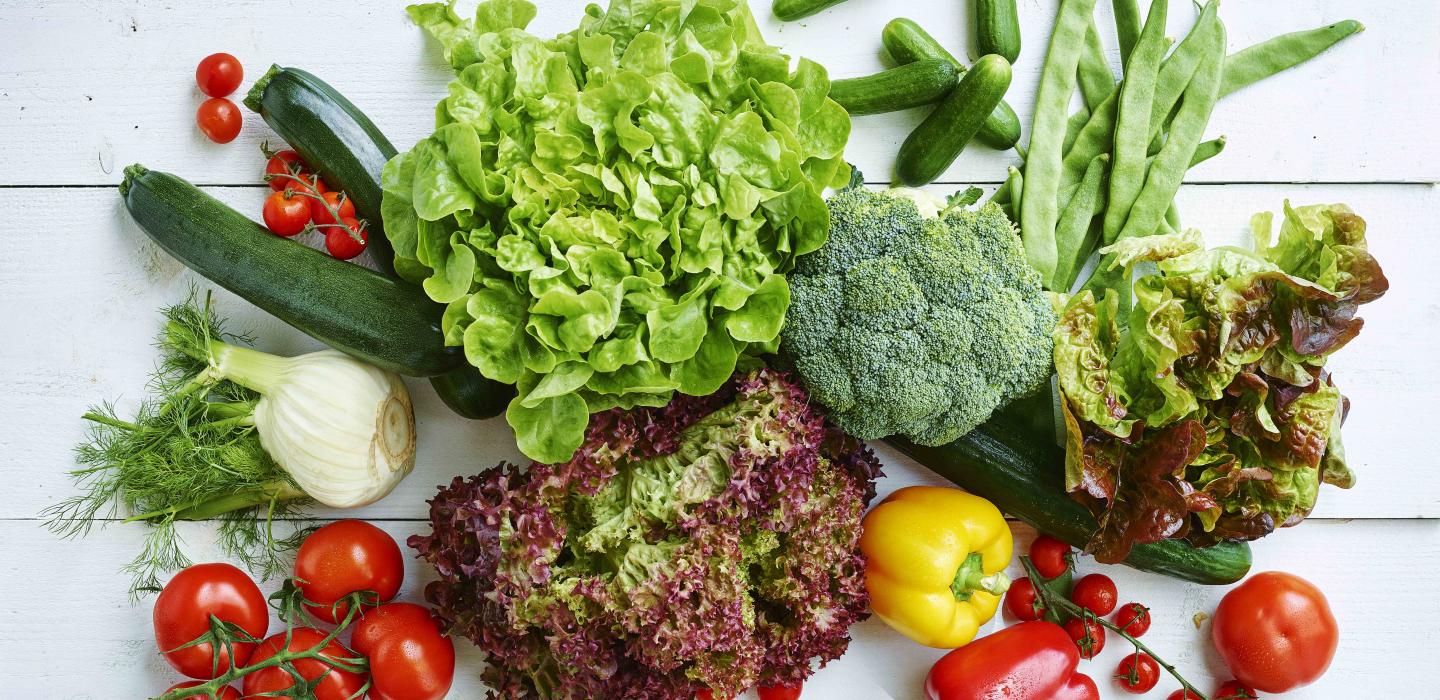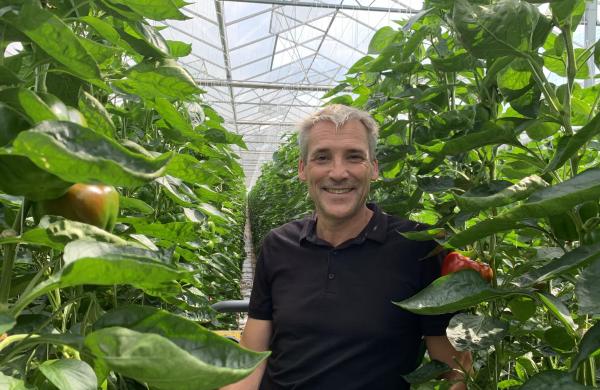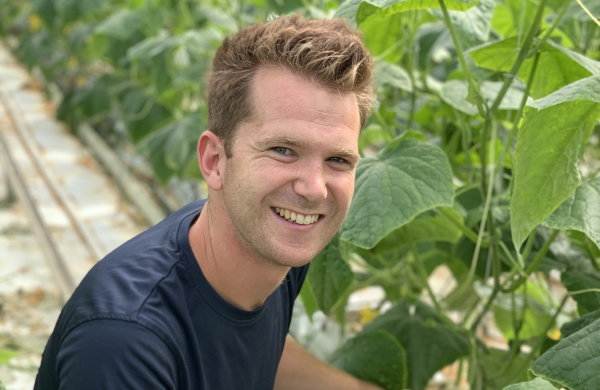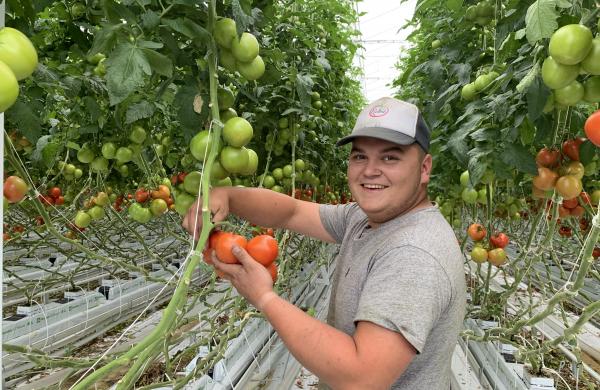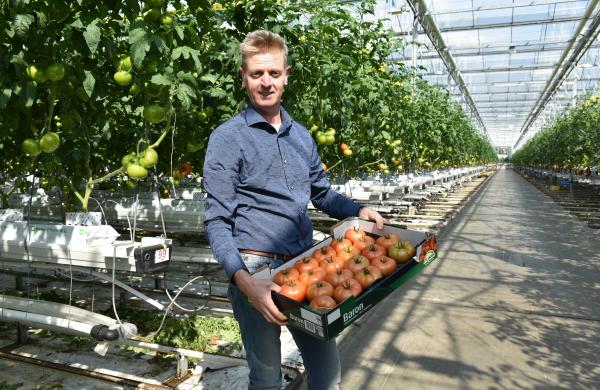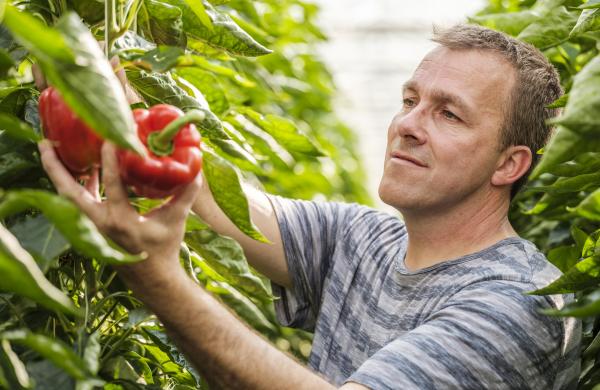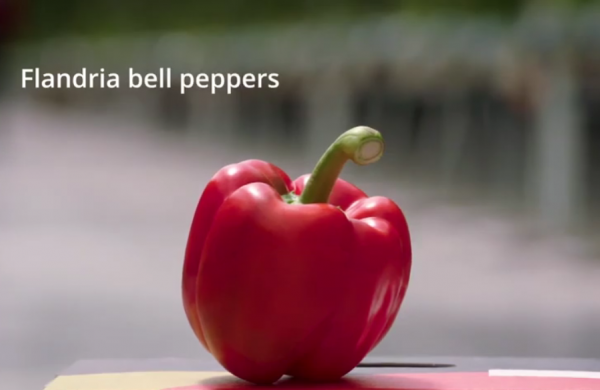In 2021, Belgian growers produced a total of 794,000 tons of vegetables for the fresh market. Most of its production is in Flanders.
Tomatoes (298.800 tons) are the undisputed number one. Leeks (105.000 tons), carrots (66.000 tons), cabbages (60.000 tons), bell peppers (35.100 tons), cucumbers (34.920 tons), lettuce (31.300 tons) and Belgian endive (27.540 tons) are the other strongholds of Belgian and, by extension, Flemish vegetable production.
The neighbouring countries are by far the most important destinations for fresh vegetables: in terms of volume, the French market is our most important market and in 2022 accounted for an export share of 33%, followed by the Netherlands (25%) and Germany (17%).
Discover some of the Flandria producers
Flandria at the top of the European vegetable brands
The main quality label for fresh fruit and vegetables in Belgium is Flandria. This label stands for top quality from family businesses. The Flandria label started with Belgian endive and tomatoes and nowadays covers more than 70 types of fruit and vegetables and is ever present in the fruit and veg departments in stores at home and abroad. Products with the Flandria label are grown by family businesses and have to meet the quality described in the Flandria specifications. In this way, only top-quality fruit and vegetables qualify for the label. There are requirements relating to the varieties used, external characteristics such as shape, sorting, ripeness, firmness and the absence of foreign substances. Even the cultivation itself of Flandria products is subjected to strict production conditions. For example, there are conditions relating to the choice of cultivation land, the plant matter used, fertilizer and irrigation. What is more, the grower gives precedence to biological protection methods over chemical crop protection agents.

Over recent years, the Flemish fruit and vegetable cooperatives, better known as ‘the auctions’ and their growers, have been honouring their pledges to commit themselves to sustainable development.
In 2012, VBT, along with its member marketing cooperatives and the associated growers, launched the collective sustainability project and label Responsibly Fresh. VBT itself, the marketing cooperatives and the growers each made specific commitments. The sustainability challenges in the cooperatively organised fresh fruit and vegetable sector are to be tackled collectively. This makes the collective character of Responsibly Fresh unique.
Six years down the line, this third sustainability report gives a snapshot of what we have been doing. Since the project started in 2012, the participants have made definite progress in terms of sustainable development. There have been positive developments in economic, environmental and social terms alike.
Responsibly Fresh